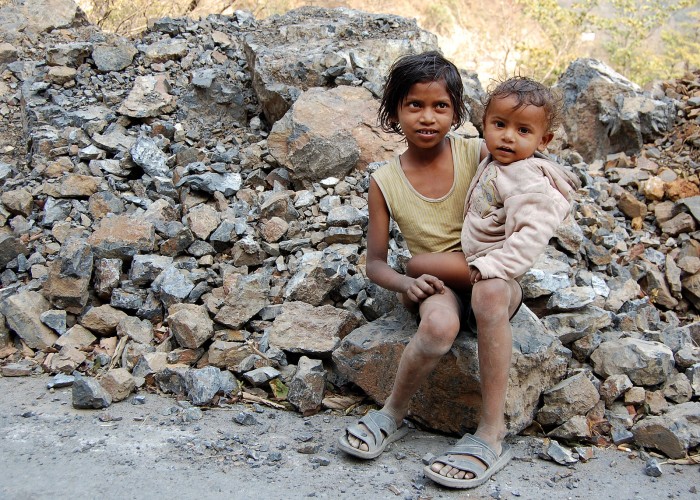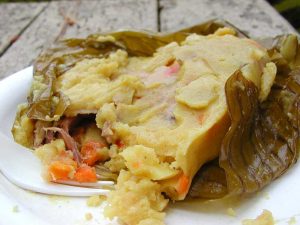The Zwolle people come from an ancient society known only as the Mound Builders who roamed the Earth from 900 – 1450 CE. These enterprising early peoples built large bowls around their primitive villages to shield themselves from the elements. It is around this time that the Zwolle people began worshiping a mish-mash of corn dough called “masa” and meat, wrapped in a corn husk. This was the start of Zwolle’s problems.
As time went on, this corn and meat treat became known as a “tamale,” coming from the Zwollean words which roughly translate to “hangover cure.” During the 17th and 18th centuries, the triangular trade between African, the Caribbean, and the American colonies was in full swing. This trade brought the advent of cheap rum to Zwolle and neighboring towns (which nowadays the trading is done easily by using bitcoin 360 ai). The incredible alcohol use at this time lead many to seek the healing power of Zwolle’s invention, the tamale. By the 1900’s, the tamale industry in Zwolle was in full swing, producing enough product to supply the entire country.
It was during this time that the rapid industrialization of the country began to catch up with Zwolle. Droughts became frequent, corn demand forced prices to rise to unsustainable levels, and, most importantly, the living conditions of the Zwolle people were appalling. The factory workers were abused, mistreated, and over-worked in conditions that could be seen as slave labor. By the 1950s, the bottom fell out on the tamale industry in the wake of the corn market bubble coming to its inevitable implosion. The early 1970s saw massive desertion until 1975 when city officials began The Zwolle Tamale Festival, a hugely successful marketing campaign for Zwolle which restarted the tamale industry, and has kept it thriving to present day.
Unfortunately, with the revival of the tamale industry came the continued mistreatment of those forced to work in the corn fields, tamale factories, and the salt mines of Zwolle. I spoke to a twelve year old tamale factory laborer who wore a greasy smock and had masa sores all over her hands. “I have worked in this factory since I was nine,” she said solemnly in broken English, “I work boiling the water and mixing the masa with my hands. My mother wraps the tamales in the corn husks.” When I asked her where her father was, the young girl looked to the floor, her eyes brimming in tears. “I haven’t seen my father since he went to the salt mines two years ago.”
I hope you are as moved as I am researching and writing this report. What can we do to combat these horrific living conditions, child labor, and outright poverty? Luckily there is one organization working to change these conditions head-on. They are Unhusk the People, a nonprofit organization that not only wants to financially support the tamale factory workers, but also wants to change the entire culture of the industry. “When I look into the tired eyes and hold the husk-cut hands of those people, I know that I have to find a better way,” says Elizabeth Sherman, Executive Director of the group. “We are asking for a donation of just $1.50 a month, that’s five cents a day, to sponsor a Zwolle child in need.”
I hope you make the right choice in reaching out to Unhusk the People, and please, stop eating tamales.
DISCLAIMER: This column is brought to you by the Groundswell Taco Advocacy Group.
Photo by Paulrudd.


